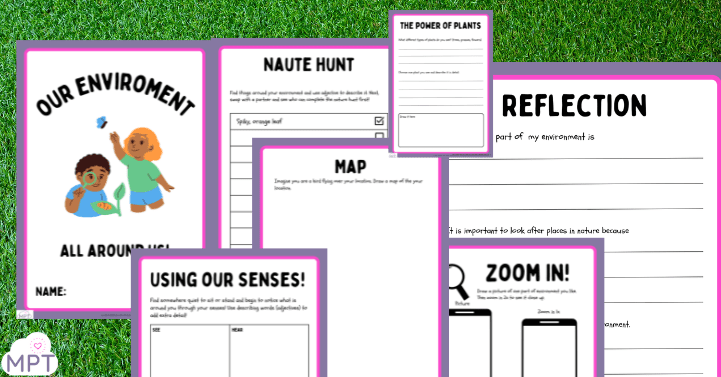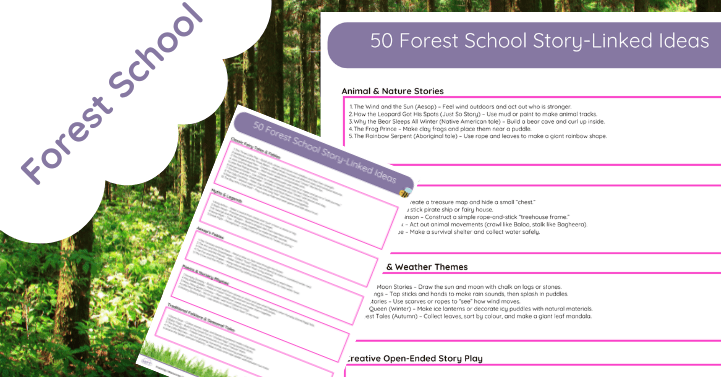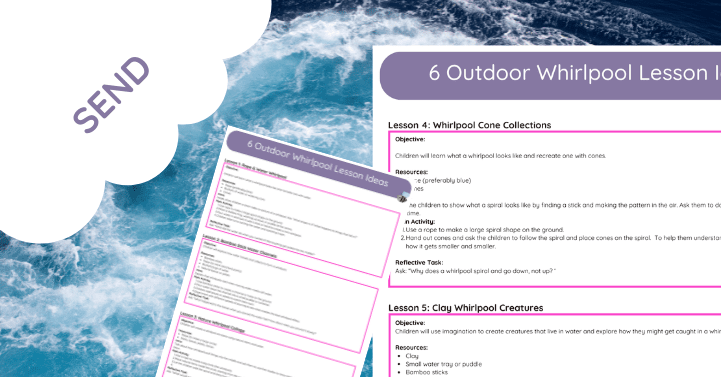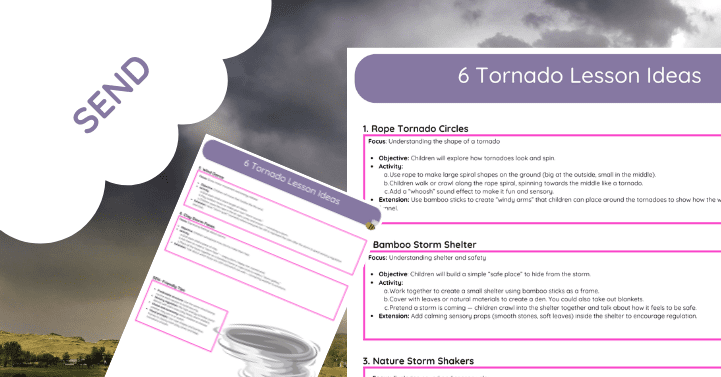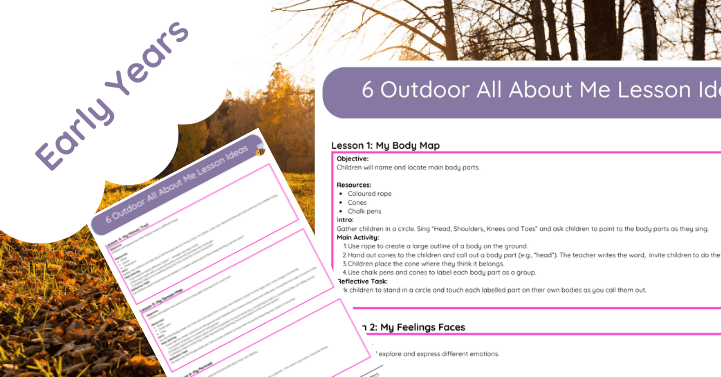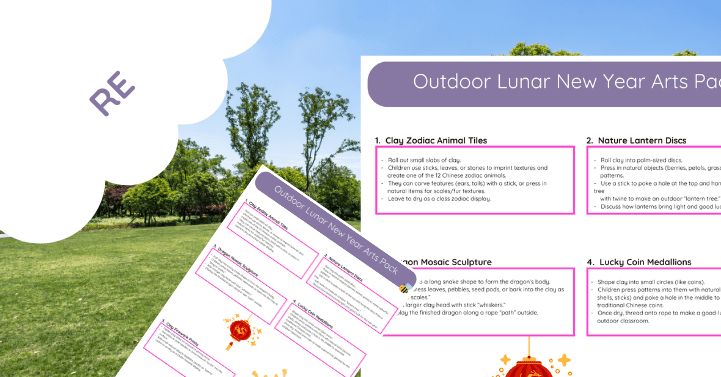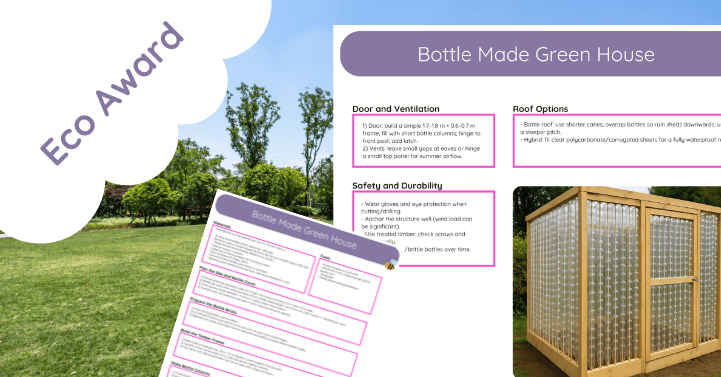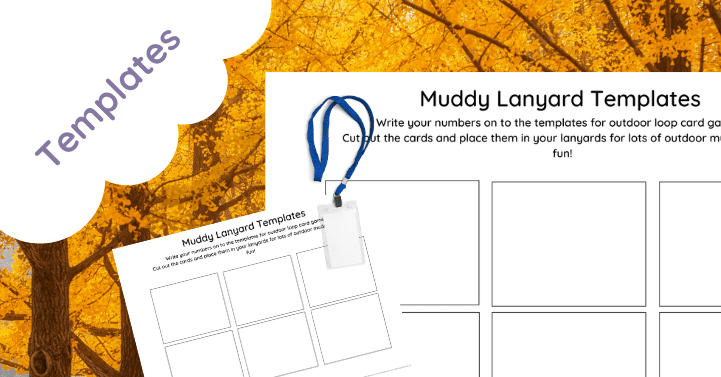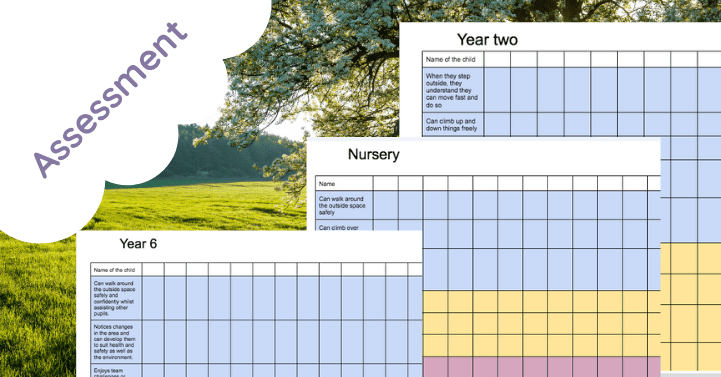Inspire eco-awareness and outdoor learning with every page.
Designed to complement your outdoor curriculum, the Environment Work Booklet is a ready-to-use printable pack filled with engaging, curriculum-linked activities focused on caring for our planet. Perfect for EYFS, KS1, and lower KS2 learners, this booklet helps children explore key environmental topics through hands-on, meaningful learning.
🌿 What’s Inside:
-
Activities on recycling, biodiversity, pollution & sustainability
-
Nature-based tasks to encourage eco-observation and discussion
-
Writing prompts, drawing tasks, and simple investigations
-
Opportunities for cross-curricular links (science, literacy, PSHE)
-
SEN-friendly and adaptable for various learning styles
Whether you’re teaching in a forest school, on the playground, or in the classroom, this booklet helps children connect with nature and understand their role in protecting it.
📚 Use as part of your outdoor learning sessions, eco-themed weeks, or to support curriculum objectives on environment and climate change.
How Environmental Projects Spark a Love for Outdoor Learning in Children
In a world facing urgent environmental challenges, children are the generation that can make a difference—and it starts with how we teach them. By integrating environmental projects into outdoor learning, we create powerful, lasting experiences that promote curiosity, responsibility, and real-world problem-solving.
Whether you’re a teacher, TA, forest school leader, or home educator, there’s no better way to inspire eco-awareness than by taking the learning outdoors.
🌿 Why Combine Environmental Projects with Outdoor Learning?
Outdoor learning provides the perfect setting for environmental education. It allows children to observe ecosystems first-hand, feel part of their surroundings, and develop a stronger connection to the natural world. When children are emotionally engaged, they learn more deeply—and remember longer.
According to Natural England’s Outdoor Learning report, outdoor education supports not just academic outcomes, but physical health, mental wellbeing, and emotional development too.
🐞 5 Environmental Projects to Try with Children
Here are some meaningful and manageable projects that bring outdoor learning and environmental education together:
1. Build a Bug Hotel
Let children collect natural materials to create a habitat for insects. Discuss biodiversity, habitats, and the importance of pollinators.
📎 Try this with our Mini Beast Habitat Activity
2. Start a Litter Picking Challenge
Equip children with gloves and bags and go on a litter-picking mission. Use it as a chance to talk about waste, recycling, and how long things take to decompose.
🌱 Enhance this with our Recycling and Pollution Pack
3. Grow a Pollinator Garden
Use window boxes, raised beds, or patches of school ground to grow bee- and butterfly-friendly plants. Children learn about lifecycles, habitats, and responsibility.
💚 Great for science and EYFS outdoor learning goals
4. Create Eco Campaign Posters
After learning about issues like plastic pollution or deforestation, children design posters to raise awareness around school or in their community.
🎨 Use pages from our Environment Work Booklet to support this activity.
5. Set Up a School Compost Station
Teach children how composting works by starting a small compost bin or heap. This project links perfectly with discussions on food waste and sustainability.
📚 Explore more nature-based science in our KS1 Science Outdoor Activities
🌎 Benefits of Environmental Projects in Outdoor Learning
-
Hands-on learning: Children are more engaged when learning is active and practical.
-
Real-world relevance: Projects link directly to global issues, building critical thinking and empathy.
-
Supports the curriculum: Environmental education can cover science, geography, PSHE, and even literacy.
-
Encourages teamwork and leadership: Many projects work best when children collaborate.
-
Fosters lifelong eco-awareness: Children are more likely to care for the planet when they understand it.


